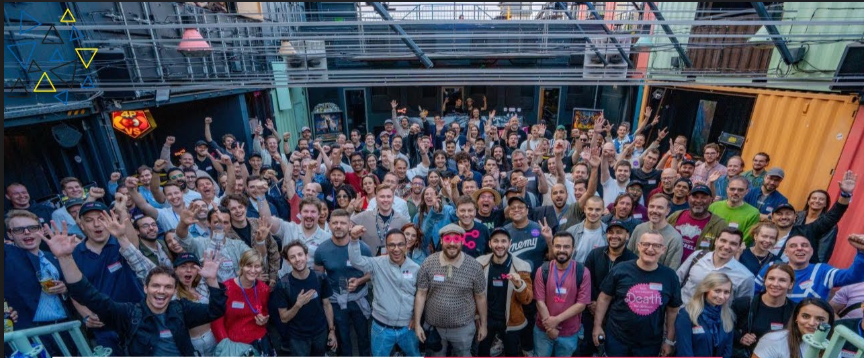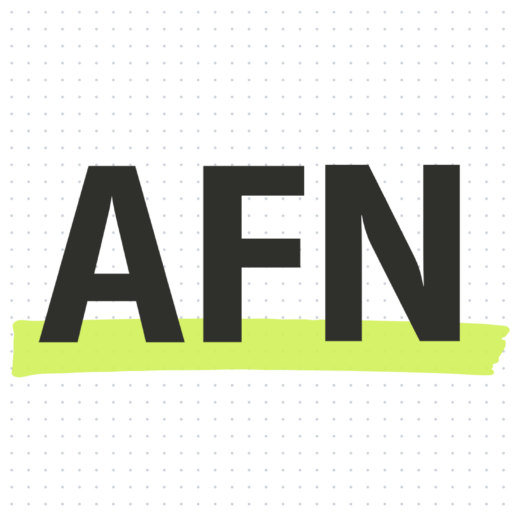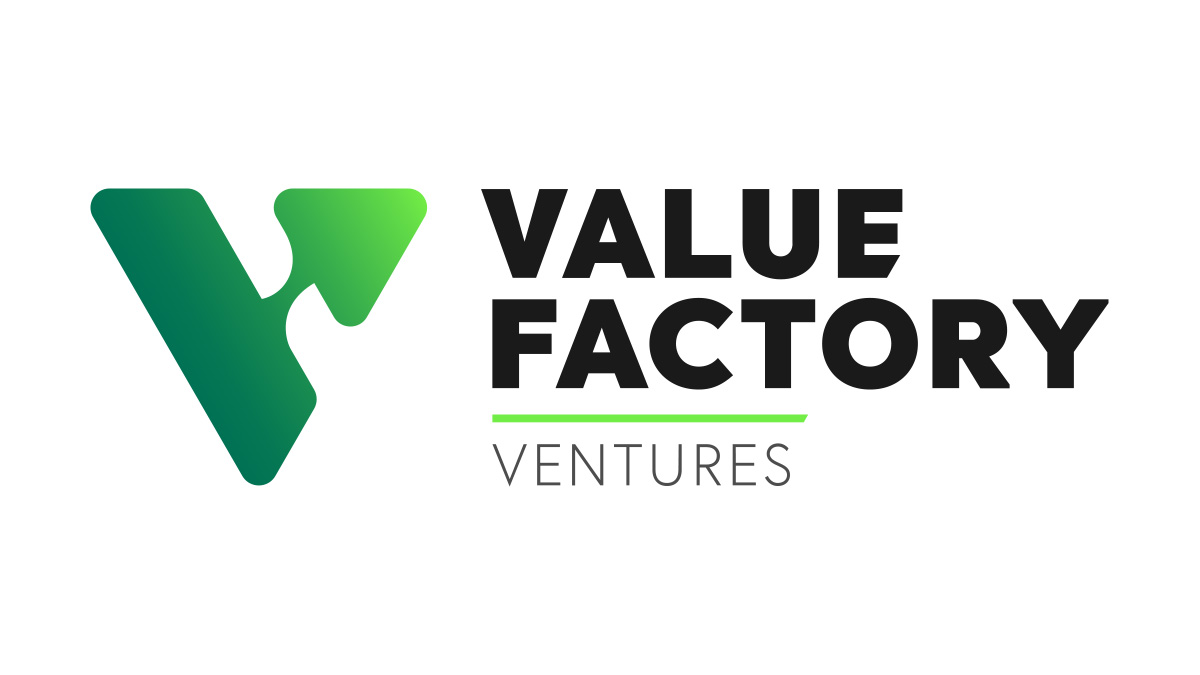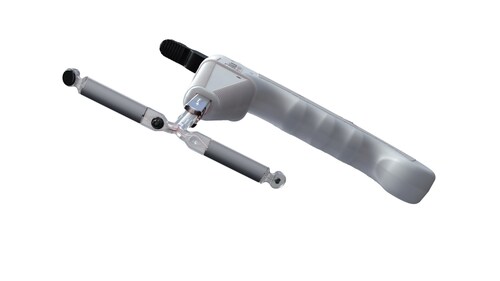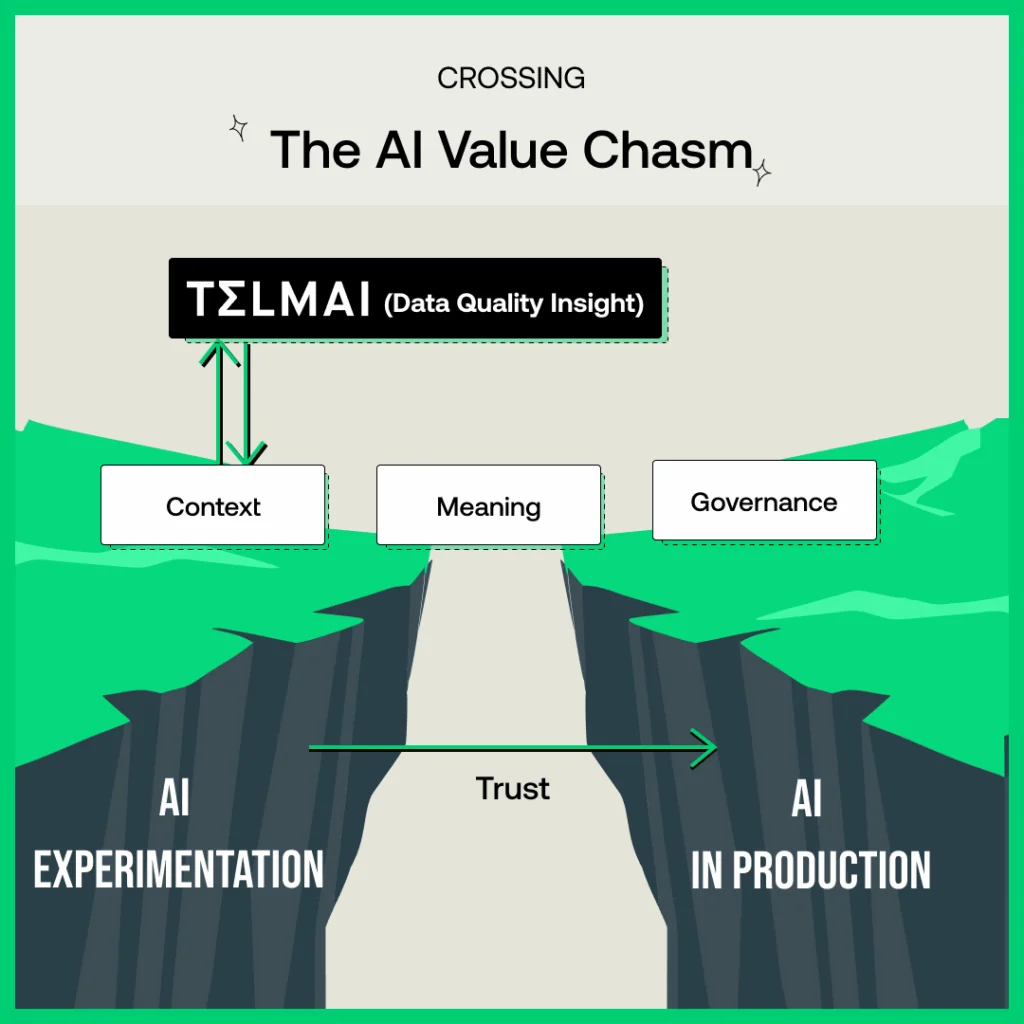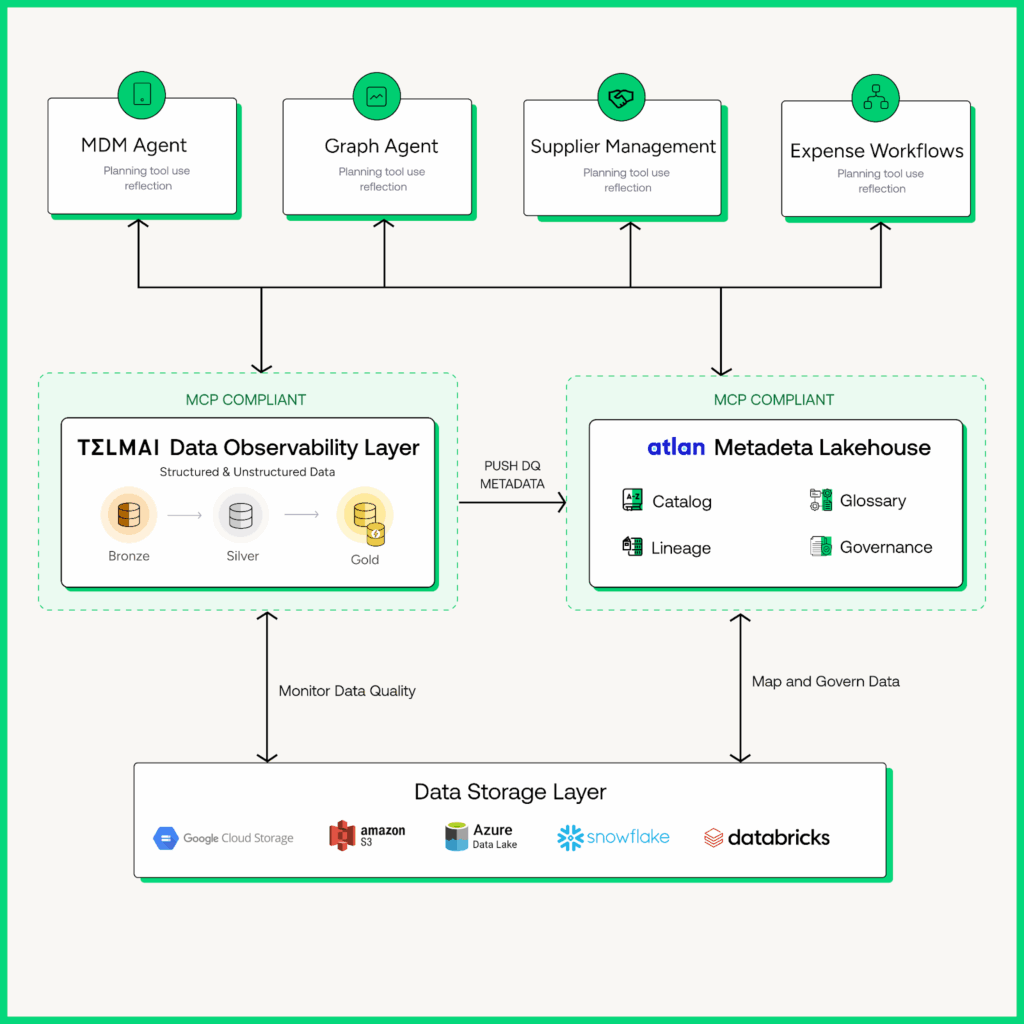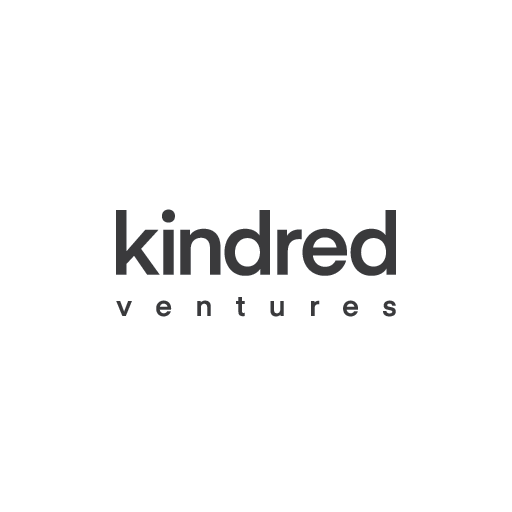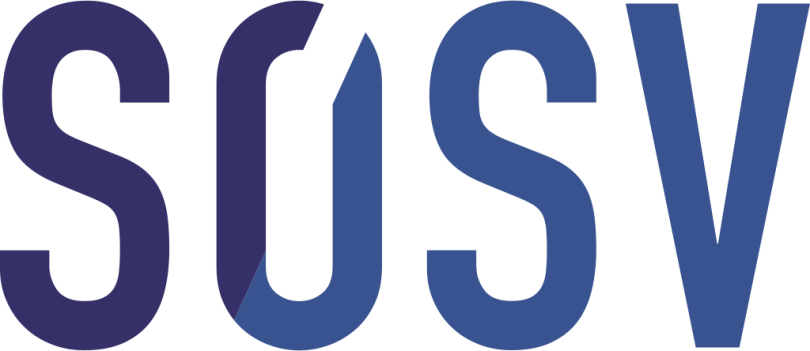Ecorobotix Secures $150M to Accelerate AI-Powered Plant-by-Plant™ Care, Unveiling New Innovation at Agritechnica

Yverdon-les-Bains, Switzerland – 13 October 2025 – Ecorobotix, the global leader in AI-powered Ultra-High Precision (UHP) spraying, is driving the future of sustainable agriculture with innovations that improve crop health and efficiency. Building on rapid growth, proven field results, and a strong financial foundation with $150 million raised in Series C ($45m, 2024) and Series D ($105m, 2025), the company will present its latest advancements at Agritechnica this November in Hanover.
Central to Ecorobotix’s momentum is its Plant-by-Plant™ AI technology, which can distinguish and treat each individual plant with unmatched precision, using a spray footprint of just a few centimeters. This approach reduces the use of pesticides and other crop protection products by as much as 95% while maintaining effectiveness. For growers, the benefits are far-reaching: the safe use of non-selective products, lower input costs, compliance with increasingly strict regulations, and ultimately, higher yields.
Fueling Innovation Through Investment
These new advances are made possible thanks to the company’s strong backing from global investors. The Series D round was led by Highland Europe, one of the continent’s top venture capital funds, with ECBF and McWin Capital Partners also joining as new investors.
“These latest investment rounds have allowed us to accelerate our innovation, expand into new crop types, broaden our product range, and bring our advanced crop algorithms to market faster,” said Dominique Mégret, CEO of Ecorobotix. “Thanks to the trust of our investors, we are scaling a proven solution to help deliver better-quality food for the world.”
Showcasing New Innovation at Agritechnica 2025
This November at Agritechnica, Ecorobotix will unveil its latest innovation, setting a new standard for crop protection worldwide.
“Farmers today face rising costs, labor shortages, and pressure to reduce inputs while still producing more food,” added Mégret. “Our new innovation takes precision even further to help them meet those challenges.”
About our New Investors
Highland Europe
Highland Europe invests in exceptional growth-stage technology and consumer companies. Formally launched in 2012, Highland Europe has raised over €2.75 billion. Highland’s collective history of investments across the US, Europe and China includes 45+ IPOs, 150+ M&A exits and 40 billion-dollar-plus companies.
ECBF
The European Circular Bioeconomy Fund (ECBF) is the leading venture capital fund dedicated to accelerating Europe’s transition to a sustainable, circular bioeconomy. With €300 million under management, ECBF invests in growth-stage companies. As an Article 9 SFDR fund, ECBF combines rigorous ESG standards with deep industry expertise to scale impactful innovations.
McWin Capital Partners
McWin Capital Partners (“McWin”) is a specialist private equity and venture capital firm, dedicated to the food ecosystem. With deep industry expertise across three business segments; Food Tech, Foodservice and Restaurants, McWin’s purpose is to lead the food industry through positive change and create value on behalf of investors and portfolio companies of the McWin Funds by leveraging its scale, network and experience to deliver outstanding returns.
Ecorobotix also acknowledges the vital support of its long-term partners such as 4FOX Ventures, AQTON, BASF Venture Capital, Capagro, Cibus Capital, Flexstone Partners, Fondation Domaine de Villette, Meritech, Stellar Impact, Swisscanto, Swisscom Ventures, and Yara Growth Ventures.
About Ecorobotix
Ecorobotix is a Swiss B Corporation® certified company whose mission is to transform agriculture through artificial intelligence and ultra-precise spraying technologies. With more than 25 crop algorithms now supported, its flagship product, ARA, is the world’s most versatile ultra-high-precision sprayer, capable of targeting specific crops as well as different types of weeds. Present in more than 20 countries in Europe, the Americas, and Oceania, Ecorobotix is redefining the standards of sustainable crop protection.
Press contact | ECBF Management GmbH
Cornelia Mann | pr@ecbf.vc| +49.160.892.774.4
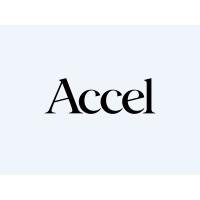
%20(1).jpg)
